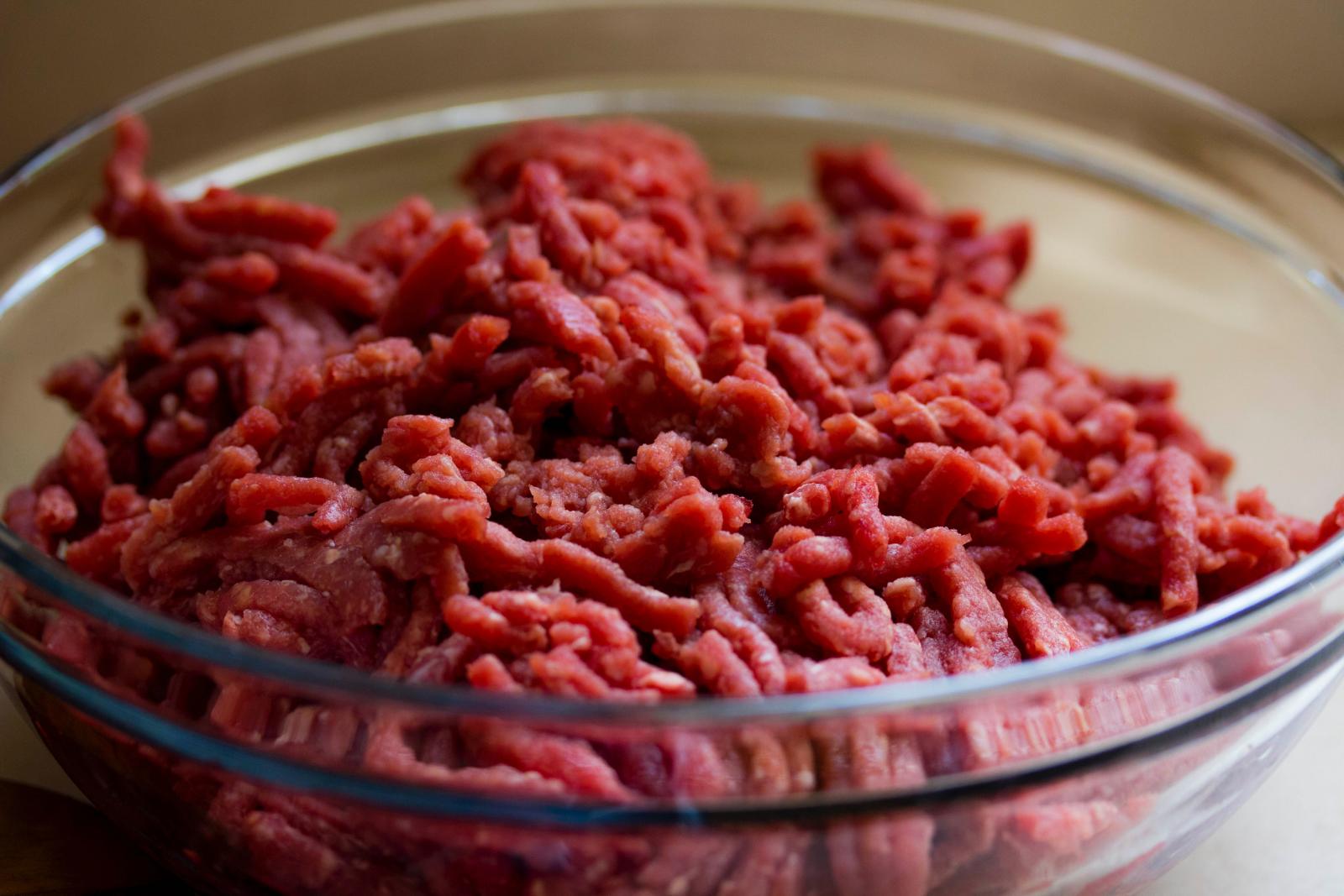News • Good Food Trade Campaign
UK doesn’t want hormone treated meat
A poll by the Agricultural and Horticulture Development Board (AHDB) finds that more than half of shoppers would buy less meat from supermarkets if hormone and chlorine treated meat were introduced in a post-Brexit deal.

Allowing imports of products like chlorine-washed chicken and hormone-treated beef in a post-Brexit trade deal could negatively impact the UK meat industry, according to new AHDB research.
More than half of 1,000 people surveyed by YouGov said they would buy less chicken and beef in the event of a deal being struck that saw meat treated in this way hitting supermarket shelves.
Although the practices are not currently allowed in chicken and beef production in EU Member States, the research shows the introduction of these imported products could reduce demand for domestic meat.
83% of those surveyed said they would pay more attention to labelling, while 81% would be concerned about quality and look more closely at the product. More than three quarters of shoppers would also look more closely at production methods.
For chicken, just 28% of respondents said there would be no change at all to the amount they buy and 29% for beef. Furthermore, if products such as chlorine-washed chicken and beef treated with artificial growth hormones did arrive on the shelves, only around one in five (19%) claim it would not have an impact on how they shop.
But separate AHDB research by Future Thinking shows while people claim provenance (25%), quality assurance marks (13%) and welfare standards (9%) are important to them, what influences them at point of purchase is different – ease, taste and price were found to be the key drivers in store.
David Swales, AHDB Head of Strategic Insight said:
“There is an argument that given clear labelling these products would offer consumers more choice but our research shows there is a distinct gap between what consumers say is important to them and what influences their purchase at the fixture. In addition, more than half of shoppers are unclear what current assurance marks actually mean. There is a danger that rather than try to fathom the labels, shoppers may lose confidence in the whole category.
"Also there’s the added complication that if we did import these products, domestically-produced meat would likely be at a disadvantage on price. As a key driver of shopper behaviour, there may be calls for these practices to be introduced in the UK to allow farmers to compete on a level playing field.”
Published Monday 10 December 2018
Good Food Trade Campaign: Campaigning for good trade that benefits people and the planet at home and overseas.





